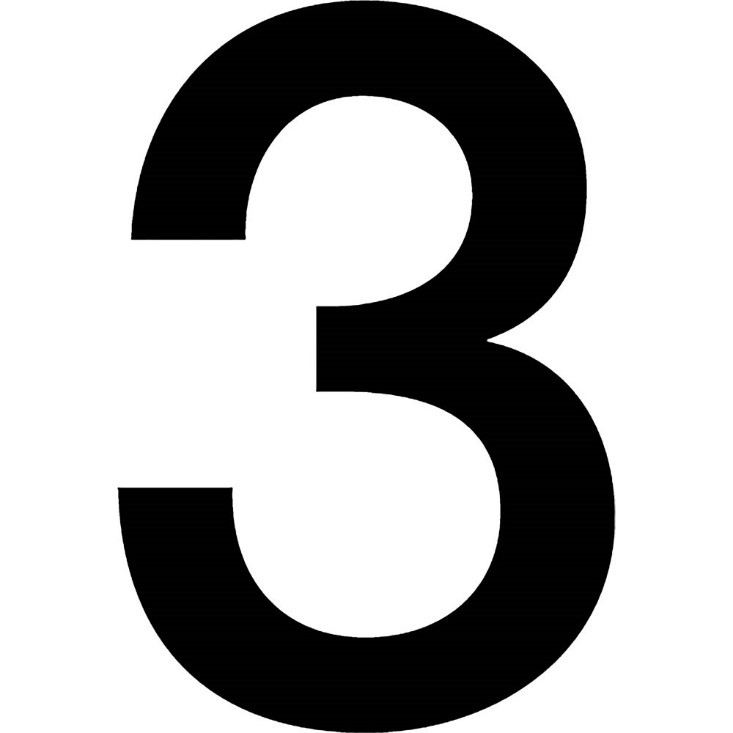The relationship between Aristotle and marketing
In 1960, Theodore Levitt published {Marketing Myopia} as one of the most popular and influential marketing articles to date. But why does it last for more than 60 years?


Choose one of these two photos
Do marketers have brains?
(The relationship between Aristotle and marketing)
In his article, Levitt showed that the failure of marketers to define the scope of their companies’ work leads to their decline and sometimes…to their complete collapse. He also sets us a question to ask ourselves whenever we sense our marketing nearsighted focus:
What business are we in?
This question can rid us of this ‘myopia’ because it frees us from the constraints of daily productivity. Ask yourself, how will you think about the company’s evolution during the next five years while you are busy with the results of Facebook ads, designing the new website, and forming quarterly performance reports?!
When your mind is free from everyday preoccupations, you can think of strategic matters, which by their nature tend to be abstract and thoughtful, as if they were philosophy.
In terms of philosophy, do you know that some describe Aristotle as the first marketer? It’s my point-blank opinion as well.
The man was a philosopher who mastered the arts of language and logic. But most importantly, he was able to understand the audience he was addressing and accordingly had a great ability to persuade.

Aristotle divided the stages of persuasion into three:
● Ethos.
● Pathos.
● Logos.
He believed that it’s crucial to highlight the principles that will raise the status of your business to the audience, and then use emotion and logical reasoning to acquire their hearts and minds.
The philosopher Mortimer Adler followed the above-mentioned method to sell a huge number of The Great Books of The Western World. He achieved a conversion rate of 25%!
Moreover, Andy Malson praises this method in his book {Persuasive Copywriting}, explaining how the modern marketer can use it.
What is remarkable about Aristotle and his marketing relationship is that he used to perform the basic stages of marketing: analyzing the situation, getting to know the audiences well, and then communicating in the best suitable way for each of them.
You should be able now to see and acknowledge the substantial bond between marketing and philosophy.
If you thought that philosophy is not part of marketing, think with an impartial viewpoint and consider the most successful companies and you’ll see that behind their success is a deep philosophy upon which the entire company builds all its activities.
Every successful company spends most of its time creating its own internal culture to help its employees and partners succeed. Each of these companies states its own vision regarding the entire business.
“That’s our way of doing this and that.” “This is what we believe in, and that is our position on this.” Behind every successful company are fine minds. Marketing is the department that needs deep thinking and philosophy the most.
To test this idea, you can simply make a list of marketer authors you follow and then ask yourself; “Why do I follow them?” You’ll discover that you follow them because they let you know what’s their vision and purpose.
Do you read Kotler because he tells you how to reduce the cost of social media ads?
Or read to Seth Godin because he gives you free email marketing templates?
Of course not!

The relationship between marketing and number 3
Marketing answers 3 basic questions:
1- Where are we now?
2- Where do we want to be?
3- How do we get there?
Marketing also has 3 main stages:
1- Situation analysis
2- Develop a strategy
3- Choosing the right tactic to achieve the strategy
More 3 to come. In marketing, we also have STP which stands for segmentation, targeting, and positioning. This trilogy is the beating heart of the marketing plan. Usually, the segmentation and targeting phases take place before engaging in any strategic work. Then, positioning can be applied.
So, there are a lot of triples in marketing.
This indicates – although not certain –that marketing thinking goes through 3 stages:
1- Correct analysis and understanding of reality
2- Choosing the best destination based on our vision of reality
3- Reach that destination using the right tactic
What is interesting about what was mentioned is that the first two stages require patience and deep thought to achieve the best possible results. However, most companies are looking for someone to achieve only number 3: a mixture of marketing tactics that has nothing to do with the company’s vision – if any was found- nor its goals or its position in the market in which it competes.
Therefore, we can read 90% of marketing job ads like this:
“We are looking for an online marketer who can attract many customers from various marketing channels. Which clients? We don’t know. But who cares! We hire you to help us attract thousands of them. We also do not know our position in the market nor how competitive we are compared to others. You may not like this. But we’re sure you’d like the following;
Flexible working hours
FIFA 22 tournament every month
Very competitive salaries
Great staff
Apply now and join us on our journey to a place we don’t know. We hope you have a pleasant trip!”


Choose one photo only
Watch out! Templates are Poisoned!
The marketer may feel the need for a clear strategy. But he doesn’t know how to work on one. So, what does he do? He searches online: “Free Marketing Strategy Template” and then fills in the template proud of himself and that, unlike other marketers, he worked out a strategy before he implemented the tactic.
Unfortunately, it is not that easy. Marketing strategy is not empty boxes in a template that we fill out. Rather, they are actions that the marketer chooses to carry out by the company because he believes that these actions will bring the company the aspired success and gain.
And those choices are not exam answers. There is no right or wrong answer in strategy making. But there is an appropriate choice for the company’s vision, purpose, and capabilities. So that the marketer can do so, he must have some characteristics.
Mark Ritson, a brand consultant and former marketing professor in Australia and Britain, has chosen 12 qualities that a good marketer should have:
● Empathy
● Curiosity
● Big picture
● Comfort with imprecision
● Making time
● Thinking long-term
● Short-time money maker
● Choicefulness
● Simplifying things
● Managing creativity
● Rule breaking
● Learning and adapting
These qualities will be reflected in your work on any strategy. Starting with your analysis of the external reality and your understanding of the circumstances of your clients and your company, and through choosing long-term and short-term goals and simplifying your strategy for others.
As you now know marketing is broader than we thought. There are different influencers as well than the ones we follow. If you take all your information from Neil Patel and HubSpot, you are doing yourself a disservice.
Let me tell you about 10 people who influenced me in the past years. You can follow them as a starting point, and then try to read for more and more marketing scientists:
Mark Ritson
Byron Sharp
Jenni Romaniuk
Tom Roach
Les Bennett
Grace Kate
Roger Martin
James Hankins
GB Castle
Colin Lewis
From my perspective, the most important solution to marketing problems is to change and develop our minds. You know you’re on the right path when you begin to understand marketing in its full image. Rather, I would argue that this is the first step on your way to providing highly professional marketing services.






































